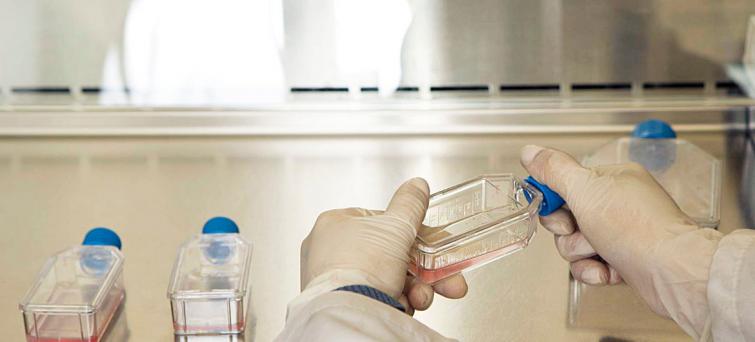
UN, global health agencies sound alarm on drug-resistant infections; new recommendations to reduce ‘staggering number’ of future deaths
New York, Apr 30 (IBNS): Deaths caused by infections from antibiotic-resistant bacteria will skyrocket over the next two decades, along with huge economic costs, without immediate, ambitious and coordinated action, the UN World Health Organization (WHO) and partners warned on Monday.
According to a groundbreaking report, the UN Ad hoc Interagency Coordinating Group on Antimicrobial Resistance warned that if no action is taken, drug-resistant diseases could cause 10 million deaths each year by 2050 and damage to the economy as catastrophic as during the 2008-2009 global financial crisis. By 2030, antimicrobial resistance could force up to 24 million people into extreme poverty.
Currently, at least 700,000 people die each year due to drug-resistant diseases, including 230,000 people who die from multidrug-resistant tuberculosis.
More and more common diseases, including respiratory and urinary tract infections, as well as sexually transmitted infections, are untreatable; lifesaving medical procedures are becoming much riskier, and our food systems are increasingly precarious, says the report.
“We are at a critical point in the fight to protect some of our most essential medicines,” said Tedros Adhanom Ghebreyesus, WHO Director-General and Co-Chair of the IACG. “This report makes concrete recommendations that could save thousands of lives every year.”
The world is already feeling the economic and health consequences as crucial medicines become ineffective. Without investment from countries in all income brackets, future generations will face the disastrous impacts of uncontrolled antimicrobial resistance.
Recognizing that human, animal, food and environmental health are closely interconnected, the report calls for a coordinated, multisectoral ‘One Health’ approach.
It recommends countries:
prioritize national action plans to scale-up financing and capacity-building efforts;
put in place stronger regulatory systems and support awareness programs for responsible and prudent use of antimicrobials by professionals in human, animal and plant health;
invest in ambitious research and development for new technologies to combat antimicrobial resistance; and
urgently phase out the use of critically important antimicrobials as growth promoters in agriculture.
“Antimicrobial resistance is one of the greatest threats we face as a global community. This report reflects the depth and scope of the response needed to curb its rise and protect a century of progress in health,” said Amina Mohammed, UN Deputy Secretary-General and Co-Chair of the IACG.
“It rightly emphasizes that there is no time to wait, and I urge all stakeholders to act on its recommendations and work urgently to protect our people and planet and secure a sustainable future for all,” she added.
The report highlights the need for coordinated and intensive efforts to overcome antimicrobial resistance: a major barrier to the achievement of many of the UN Sustainable Development Goals (SDGs), including universal health coverage, secure and safe food, sustainable farming systems and clean water and sanitation.
Image: PAHO/WHO
Support Our Journalism
We cannot do without you.. your contribution supports unbiased journalism
IBNS is not driven by any ism- not wokeism, not racism, not skewed secularism, not hyper right-wing or left liberal ideals, nor by any hardline religious beliefs or hyper nationalism. We want to serve you good old objective news, as they are. We do not judge or preach. We let people decide for themselves. We only try to present factual and well-sourced news.







